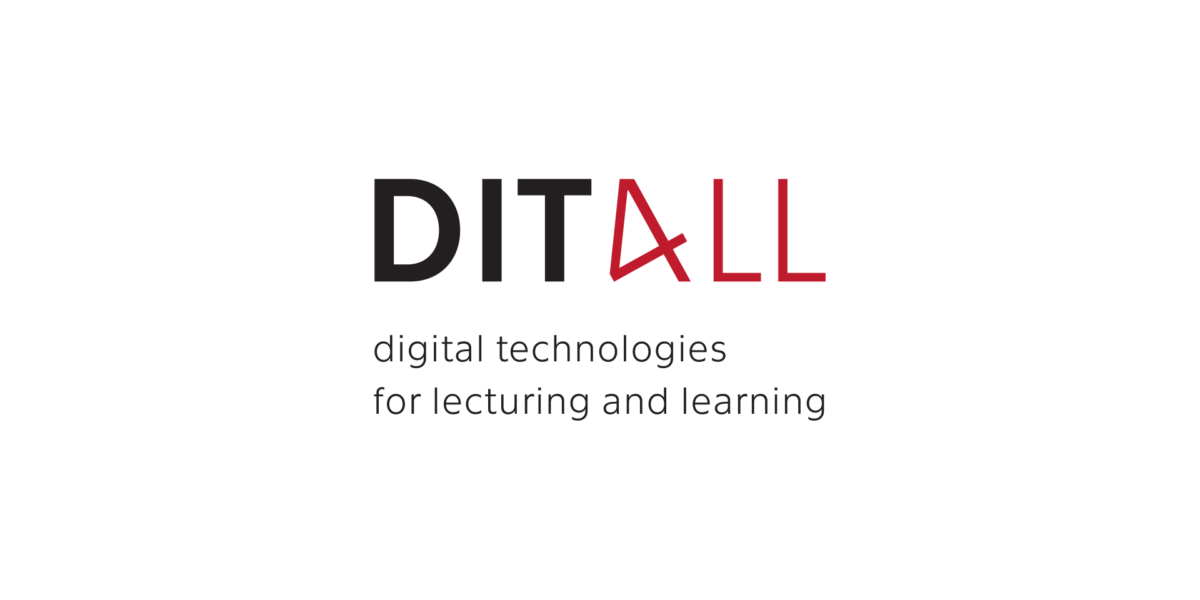The project seeks to integrate the recent & emerging technologies in education at VET and higher education institutions, supporting the transition towards virtual learning environments as necessary, thus increasing the students’ motivation as well as their interest in further study of technical subjects, overcoming the limitations introduced by the conventional forms of online digital education so far.
Before applying for the project, we conducted extensive research concerning the real needs of VET institutions and the industry. The results of this survey form a base for all outputs and activities of the proposed project.
For teachers we will develop a set of new software tools that will allow them create highly advanced online learning digital content easily; these tools will be freely available to all interested parties. As for students, we will provide them with a set of study materials with an emphasis on such advanced technologies that have not been widely used in education yet (e.g. spherical video, stereo video, telepresence, etc.).
We will also develop MOOC courses as an interesting alternative of regular lessons in specific situations or for specific groups. The project will have a strong international dimension, thus giving students a chance to get experience from several EU countries.
In order to support smooth introduction of the digital online learning tools in regular lessons, the corresponding methodologies for modern online digital education will be developed, outlining the necessary procedures step by step.
The project consortium is composed of 7 partner institutions from 4 EU countries – the Czech Republic, Slovak Republic, Slovenia and Spain. The project partners are represented by VET institutions and technical universities.
Students and teachers of secondary technical schools (both within and outside the consortium) are the main (but not the only) recipients of the project results. They will participate in the development of learning materials and perform their testing in real education. Virtual internships (or “exchange” of students) will be organized within the project to demonstrate and test the strengths and weaknesses of such approach.
Universities will develop the learning materials and perform teaching activities at the VET institutions. They will also develop advanced software/technology tools (also for telepresence).
Within the project we will realize the following
- Electronic learning materials (in English and 4 national languages) using the latest educational technologies to be tested in teaching practice. A total of 8 sets of materials and 8 MOOCs on topics selected by the involved VET institutions and agreed by all project partners will be developed;
- A free web-based application (including the necessary documentation) that will allow teachers to simply and independently create on-line study materials;
- Motivational international “digital” competition for students organized in a distance (online) form;
- Large-scale pilot run and Experimental Virtual international Internships (EVII) for students;
- Further education of VET teachers in selected thematic areas;
- Methodologies for implementation of regular digital online education at secondary schools, which will accentuate the use of modern approaches and technologies;
- Verification of the modern digital teaching approaches by semi-professionals;
- Methodology for long-term sustainability of project results after its completion and continuous dissemination of the results among teachers of technical vocational secondary schools that will not participate in the pilot testing.
The proposed topics for e-learning materials are essential for future development in EU countries:
- Modern technologies and concepts for education I – 3D video, virtual and augmented reality etc. (STU)
- Modern technologies and concepts for education II – Open digital resources, MOOC etc. (CTU)
- Modern technologies and concepts for education III – Innovative methodologies for engineering education (UPC)
- Authentication, passwords and digital signing (UM)
- JavaScript Document Object Model (UM)
- Virtualization in practice (CTU)
- Green energy sources (UPC)
- Smart energy and Smart Grids (STU)
